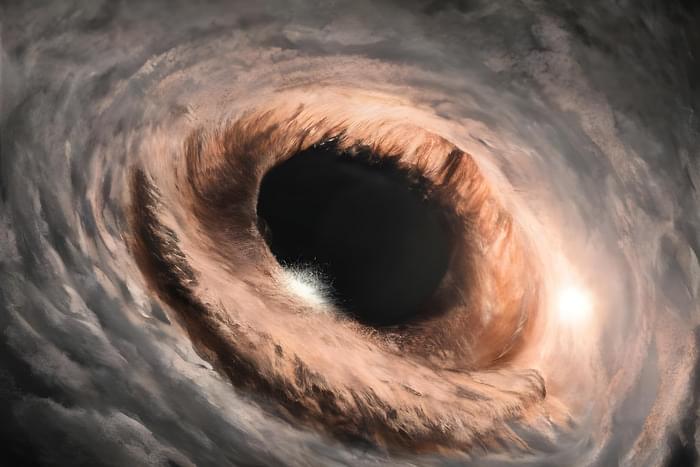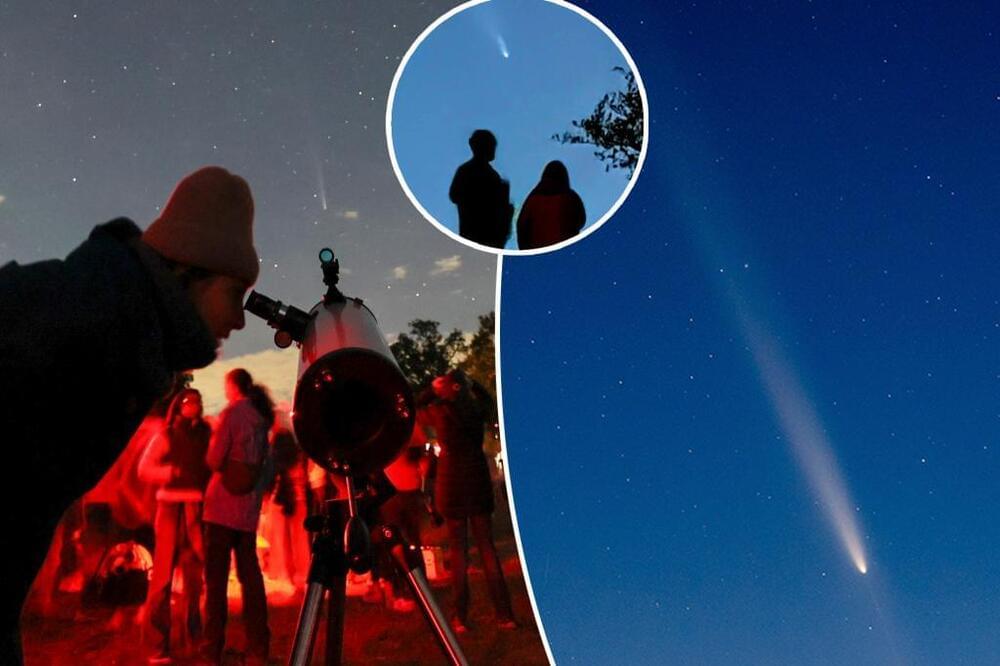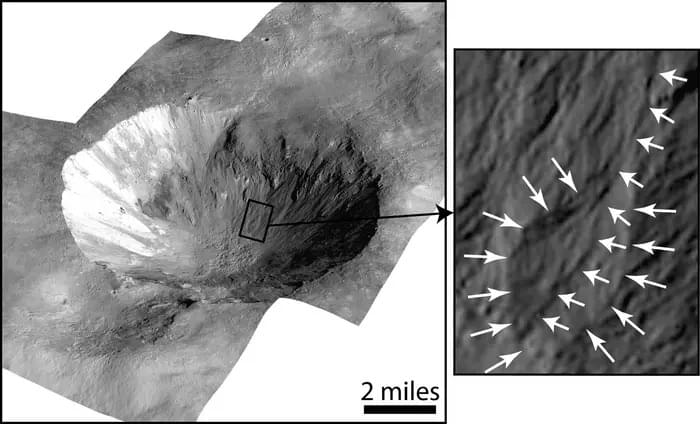A type of mathematical problem that was previously impossible to solve can now be successfully analysed with artificial intelligence.


A type of mathematical problem that was previously impossible to solve can now be successfully analysed with artificial intelligence.

The name of the conference will be lifeboat foundation conference for polymaths futuristics and visionaries.
The place will be this hotel.
https://maps.app.goo.gl/sdG14SRcrJEJGYGH6
With nice accommodation equipped with fitness swimming pool sauna Jacuzzi and restaurant.
Please help me organise it…
Dear All Polymaths I will arrange the conference for polymaths like all of you.

The great George Church takes us through the revolutionary journey of DNA sequencing from his early groundbreaking work to the latest advancements. He discusses the evolution of sequencing methods, including molecular multiplexing, and their implications for understanding and combating aging.
We talk about the rise of biotech startups, potential future directions in genome sequencing, the role of precise gene therapies, the ongoing integration of nanotechnology and biology, the potential of biological engineering in accelerating evolution, transhumanism, the Human Genome Project, and the importance of intellectual property in biotechnology.
The episode concludes with reflections on future technologies, the importance of academia in fostering innovation, and the need for scalable developments in biotech.
00:00 Introduction to Longevity and DNA Sequencing.
01:43 George Church’s Early Work in Genomic Sequencing.
02:38 Innovations in DNA Sequencing.
03:15 The Evolution of Sequencing Methods.
07:41 Longevity and Aging Reversal.
12:12 Biotech Startups and Commercial Endeavors.
17:38 Future Directions in Genome Sequencing.
28:10 Humanity’s Role and Transhumanism.
37:23 Exploring the Connectome and Neural Networks.
38:29 The Mystery of Life: From Atoms to Living Systems.
39:35 Accelerating Evolution and Biological Engineering.
41:37 Merging Nanotechnology and Biology.
45:00 The Future of Biotech and Young Innovators.
47:16 The Human Genome Project: Successes and Shortcomings.
01:01:10 Intellectual Property in Biotechnology.
01:06:30 Future Technologies and Final Thoughts.

The magnitude of the SpaceX Starship prototype.
Video Credit: Nik Cooper.
#starship #engineering #technology #space #rockets.
Stay ahead of the curve!
Follow more cutting-edge space technology content, including research, reports and articles on Wevolver: https://
Simulations at Caltech model a new way for autonomous spacecraft to avoid collisions. This technology holds promise for autonomous vehicles on Earth as well as in space.

Talk about a Halloween treat.
A recently discovered comet will be blazing by the Earth in broad daylight just in time for Halloween, astronomers say.
Comet C/2024 S1, first found at the end of September, will pass around the Earth on Oct. 24, according to planetary astronomer James Wray of the Georgia Institute of Technology, who advises to “look low in the eastern sky just before sunrise.”

Researchers have discovered the Neptunian Ridge, a region packed with planets, located between the Neptunian Desert and Savannah. This finding sheds light on how planets migrate and evolve in different environments.
A new ‘map’ of distant planets has been unveiled by scientists from The University of Warwick, which finds a ridge of planets in deep space, separating a desert of planets from a more populated savannah.
Researchers from Warwick and other universities examined Neptunian exoplanets – these planets share similar characteristics to our own Neptune, but orbit outside of our solar system.
Welcome to the Heliox Podcast! Today, we’re in for a mind-bending journey into the future of AI with Ramin Hasani, CEO of Liquid AI. Prepare to be amazed as we explore how a tiny worm’s nervous system could revolutionize artificial intelligence. Hasani shares his vision for smaller, more intelligent AI that might change everything — from healthcare to scientific discovery. We’ll dive into this groundbreaking technology’s exciting possibilities and essential ethical considerations. Get ready for a fascinating glimpse into a future where AI and human potential intertwine in ways we’re only beginning to imagine!

“Through our simulated impacts, we found that the pure water froze too quickly in a vacuum to effect meaningful change, but salt and water mixtures, or brines, stayed liquid and flowing for a minimum of one hour,” said Dr. Michael J. Poston.
How does extra salty water, also known as briny water, form and evolve on worlds without atmospheres, such as asteroids and moons? This is what a recent study published in The Planetary Science Journal hopes to address as a team of researchers investigated how briny water could still flow for a period of time on the asteroid Vesta after large impacts resulted in the melting of subsurface ice. This study holds the potential to help researchers better understand the geological and chemical processes on planetary bodies without atmospheres and what this could mean for finding life as we know it.
“We wanted to investigate our previously proposed idea that ice underneath the surface of an airless world could be excavated and melted by an impact and then flow along the walls of the impact crater to form distinct surface features,” said Dr. Jennifer Scully, who is a planetary geologist at NASA’s Jet Propulsion Laboratory (JPL) and a co-author on the study.
For the study, the researchers used a JPL test chamber to analyze how liquid samples responded to rapid drops in atmospheric pressure on the asteroid Vesta, thus simulating the conditions of a high-speed impact, which also includes the very brief creation of an atmosphere resulting from that impact. In the end, the researchers made some intriguing findings that could help scientists better understand the geological and chemical processes that occur on planetary bodies without atmospheres.

Whether we’re staring at our phones, the page of a book, or the person across the table, the objects of our focus never stand in isolation; there are always other objects or people in our field of vision. How that visual “clutter” affects visual processing in the brain, however, is not well understood.
In a new study published Oct. 22 in the journal Neuron, Yale researchers show that this clutter alters how information flows in the brain, as does the precise location of that clutter within the wider field of vision. The findings help clarify the neural basis of perception and offer a deeper understanding of the visual cortex in the brain.